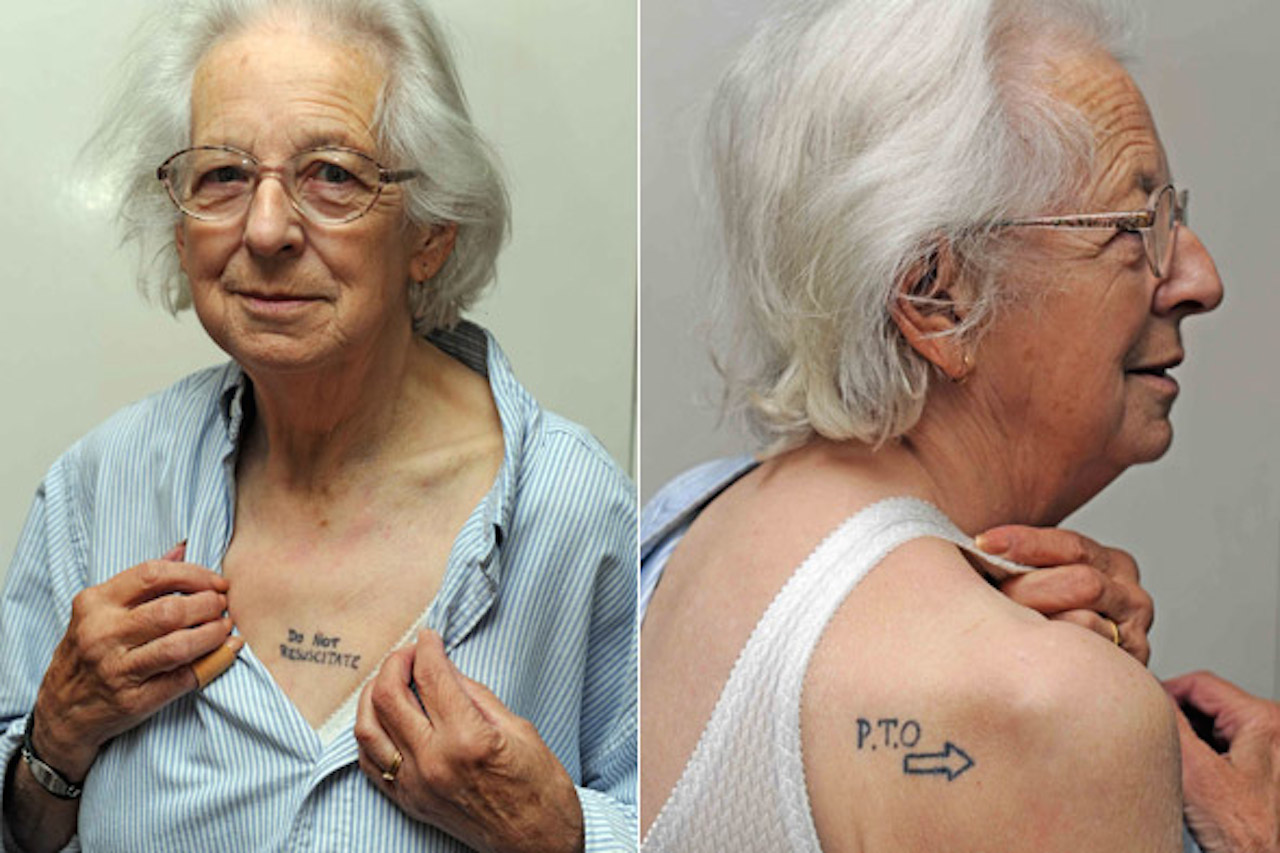Donating Body Can Save Families Money
Dan McFeely, The Indianapolis Star (February 08, 2011)
A short post on a perennial topic for the Death Reference Desk: how the dead body is transformed into some kind of cash value. Rarely, if ever, does this postmortem value involve direct cash exchanges, mostly because the law frowns upon such things. No, these are situations where a dead body is handed over to an institution of some kind in exchange for compensation of some kind.
So, as this article discusses, families donate a body to the Indiana University Medical School and in exchange for their donation receive significantly reduced if not totally free funeral services. More often than not, this means that the cremation of the remains (post dismemberment, more or less, by medical students) is covered by the institution receiving the body.
Most American medical schools accept cadaver donations and gladly thank the next-of-kin with a non-cash gift of some kind. It’s true that even though money isn’t being exchanged there is still a quid pro quo involved…but not too many people that participate in any of this complain.
The bigger question to ask is this: What happens when medical schools, for example, start paying families with cold, hard cash for a dead body? The historians amongst you will already be thinking about Burke and Hare in Scotland, and that’s the historical example that usually scuttles these kinds of questions.
But I’m not so sure, given the economic conditions which many people currently face, that it won’t come to pass.
We’ve been adding story after story about these kinds of dead body transactions and you can see them all here: Death + the Economy.
Never say never…especially when dead bodies are involved.


